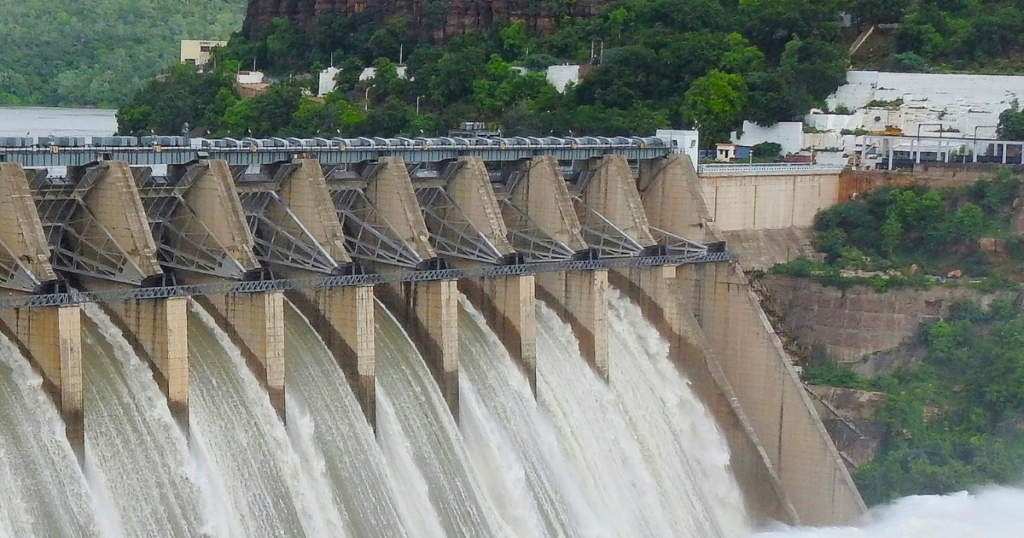Several effects of climate change such as droughts, floods, cyclones, erratic and delayed monsoon, depleting groundwater, salinisation, pests and diseases, etc. have been affecting the production and productivity of Indian agriculture, thereby impacting farmer incomes as well as food and nutrition security. In a vicious cycle, agricultural practices also result in emissions of greenhouse gases, contributing to further climate change.
It is imperative to make farmers resilient to the risks of climate change for income and food security. Technology can play a crucial role in climate change mitigation and adaptation. However, the adoption of technologies at the farm level involves either a one-time capital investment or recurring subscription and maintenance costs. Small and marginal farmers, who constitute 86% of Indian farmers, find it uneconomical to invest in technologies that do not have tangible short-term financial benefits.
This perspective details out the challenges of agri-tech companies and startups in development, deployment and scaling up climate-smart technologies and proposes key strategic levers to enable improved adoption of technology for climate change adaptation. These levers are centred around strengthening the incubation ecosystem, developing a platform approach, promoting innovative financing solutions for startups and end-users, convergence with government programmes and leveraging strategic grassroots partnerships.
Authors: Pratheek Abraham, with research support from Mihika Chanchani
Knowledge support: Arnab Mukherjee, Aditi Verma, Tanvi Vijh and Debarati Das
Technical review: Debaranjan Pujahari




